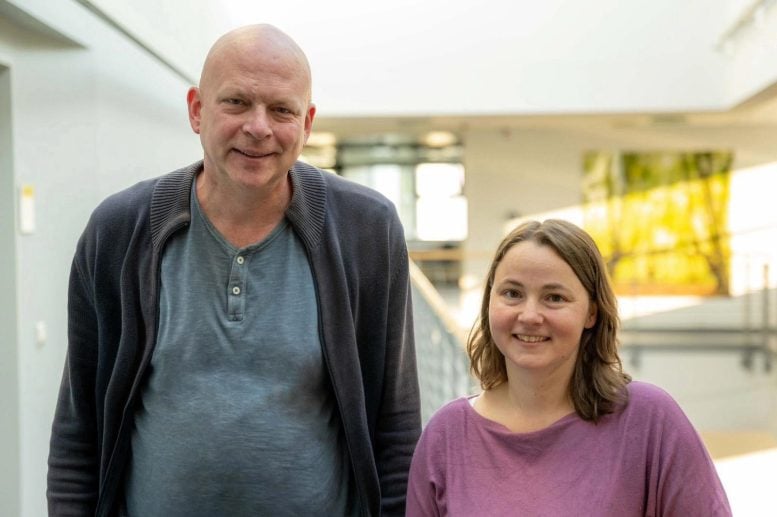

Scientists at the University Hospital Bonn and the University of Tübingen have made a breakthrough in understanding how the human brain perceives the number zero.
Despite its importance for mathematics, the neuronal basis of the number zero in the human brain was previously unknown. Previously thought to be recognized as ‘nothing,’ zero is actually processed by individual neurons in the medial temporal lobe as a distinct numerical value. This discovery, which marks zero’s integration with other numbers rather than as a separate category, has significant implications for both neurological and mathematical fields.
Zero’s Unique Role in Mathematics
Recognized as a cornerstone to the development of number systems and mathematics, the number zero is celebrated as one of the great cultural triumphs of humanity.
“Unlike other numbers such as one, two, or three, which represent countable quantities, zero means the absence of something countable and at the same time still has a numerical value,” says co-corresponding author Prof. Florian Mormann from the Department of Epileptology at the UKB, who is also a member of the Transdisciplinary Research Area (TRA) “Life & Health” at the University of Bonn.
In contrast to positive natural numbers, the concept of the number zero only emerged late in human history over the last two millennia. This is also reflected in childhood development, as children are typically only able to understand the concept of zero and associated arithmetic rules at around the age of six.

Discovering Zero’s Neural Representation
How this concept is represented by nerve cells in the human brain has not yet been investigated. The researchers from Bonn have now joined forces with neurobiologists from the University of Tübingen to get to the bottom of this question.
To do this, they showed neurosurgical patients, who had had hair-thin microelectrodes inserted into their temporal lobes at the UKB in preparation for surgery, numerical values from zero to nine. The numerical values were shown as Arabic numerals on the one hand and as sets of dots on the other — including an empty set.
“Meanwhile, we were able to measure the activity of individual nerve cells and actually found neurons that signaled zero,” says Esther Kutter, who is the first author of the study. “Such neurons responded to either the Arabic numeral zero or the empty set, but not to both.”
Zero as a Recognized Numerical Value
In both cases, there was a numerical distance effect in which neurons reacted weaker, but measurably, also to the neighboring number one.
“So at the neuronal level, the concept of zero is not encoded as a separate category “nothing,” but as a numerical value integrated with other, countable numerical values at the lower end of the number line,” says Prof. Dr. Andreas Nieder from the Institute of Neurobiology at the University of Tübingen.
Prof. Mormann adds: “Despite this integration, the empty set is encoded differently from other numbers at the neuronal population level, especially in the case of point sets. This could explain why the recognition of the empty set also takes longer at the behavioral level than for other small numbers.”
For Arabic numerals, however, this effect was not found at either the neural or behavioral level. From this, the researchers recognize the importance of symbolic representations, for example through Arabic numerals, for the integration of the number zero on the number line in the human brain.
Reference: “Single-neuron representation of nonsymbolic and symbolic number zero in the human medial temporal lobe” by Esther F. Kutter, Gert Dehnen, Valeri Borger, Rainer Surges, Andreas Nieder and Florian Mormann, 24 September 2024, Current Biology.
DOI: 10.1016/j.cub.2024.08.041
Funding: The study was funded by the German Research Foundation DFG via the priority program SPP 2205.

